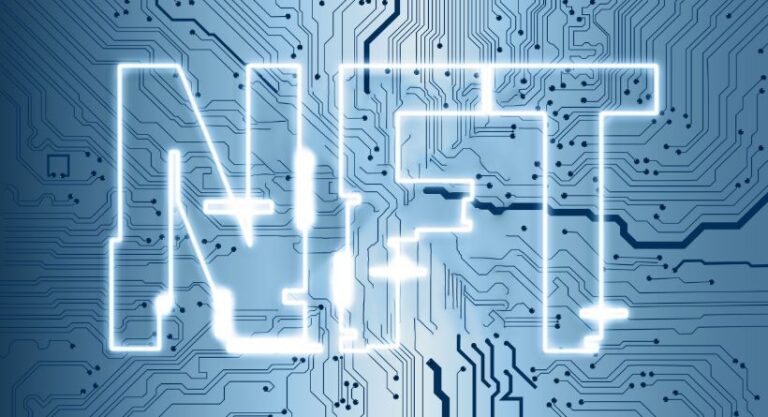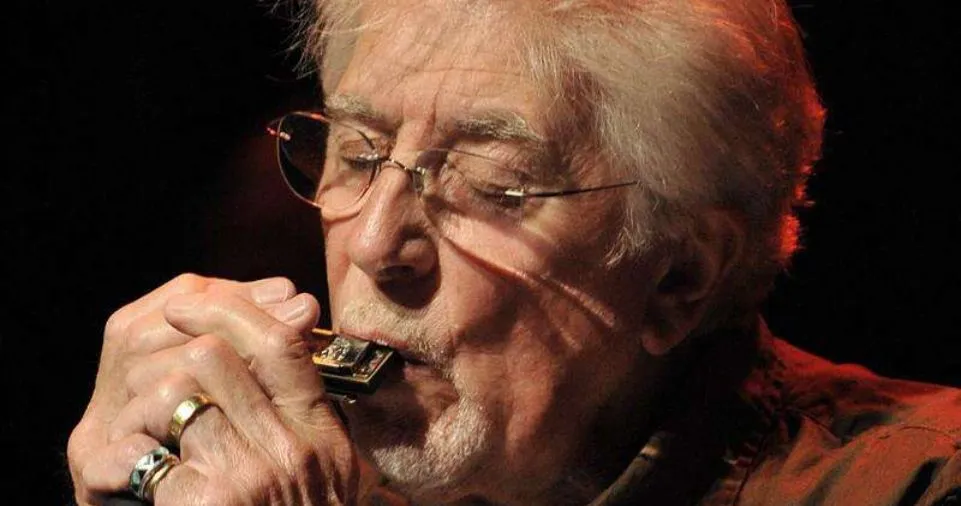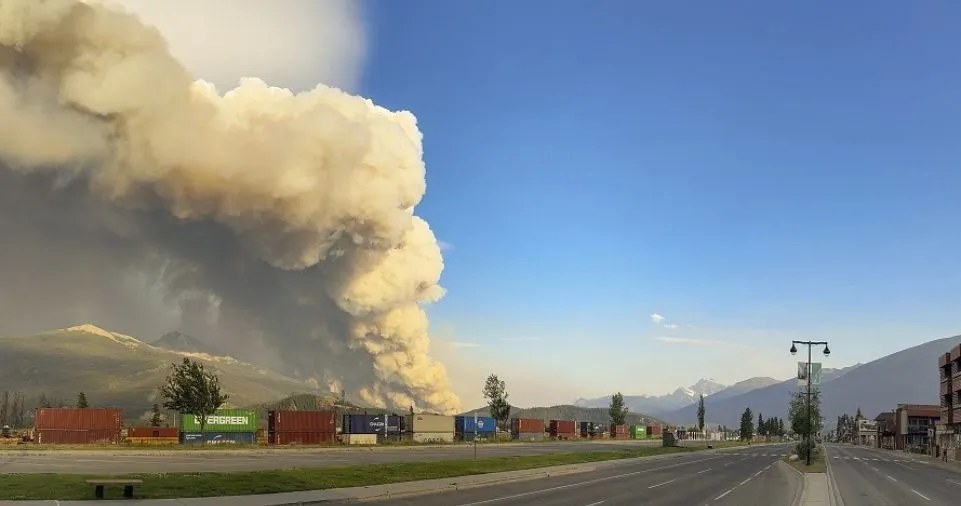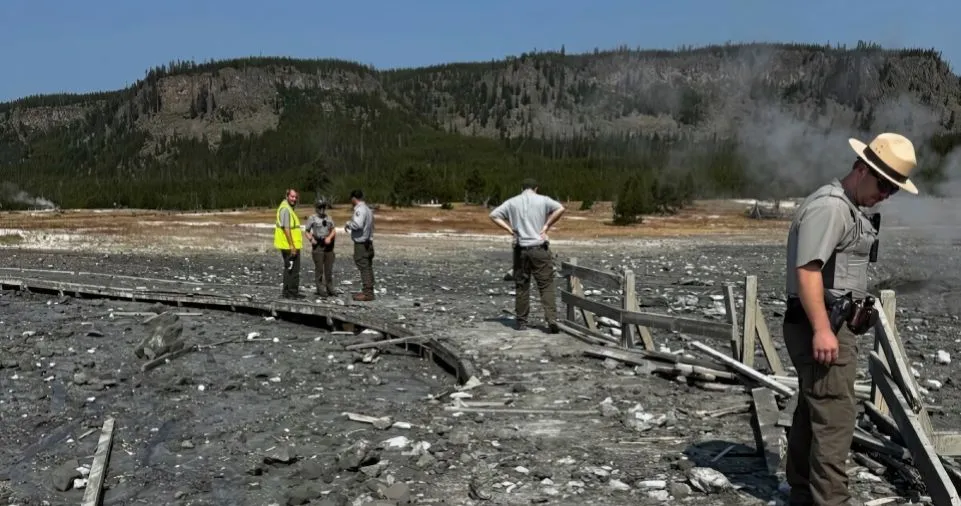Fractal, an NFT marketplace for video games that debuted in December and is co-founded by Twitch founder Justin Kan, announced a $35 million seed fundraise on Friday. Leading the round were Multicoin and Paradigm.
The announcement, which was serious, was made on April 1. Neither was the $35 million USD total raised a sizable figure. When he tweeted last month, “Yeah, I developed Twitch, it has millions of viewers & gaming NFTs are considerably bigger,” Justin Kan gave a hint as to what lay ahead for Fractal.
On December 30 of last year, Fractal announced the debut ten days beforehand, and by the time it went online, the Fractal Discord had amassed over 107,000 followers, according to Kan in an interview with GamesBeat.
Lead $35M Seed Round: Paradigm and Multicoin
Solana Ventures, Coinbase, Animoca Brands, Play Ventures, Position Ventures, Zynga founder Mark Pincus, Crossover, Shrug Capital, TerraForm CEO Do Kwon, Tim Ferriss, and the creators of Ramp were among the investors in the round in addition to Menlo Park, California-based Andreeson Horowitz.
However, Kan used Twitter to warn anyone who could be a part of the Fractal or NFT community—as well as any aspiring entrepreneurs—that “it’s not the size of your seed round; it’s what you do with it.” It’s a crucial caution for both cryptocurrency investors and companies given the booming cryptocurrency market’s resemblance to NASDAQ in the late 1990s.
With the recent infusion of private funding raised three months before launching, Kan outlines the following plans for Fractal:
Crypto does not sleep. It feels like we’re defining how value will once again be created on the Internet because of how quickly and product-drivenly we’re producing things. If you haven’t been keeping up, Fractal is an online market where gamers can buy, sell, and discover NFTs. The past three months have seen us working diligently on it. The situation is going fairly nicely. We’ve been collaborating with numerous gaming partners to release sold-out NFT collections, and we have a ton more planned.
Further details are provided in a press release from Fractal Friday:
In the ecology of web-based gaming, Fractal is constructing a trust layer. NFT marketplaces are still in their infancy, with many teams breaking their promises. To give users the most awesome gaming experiences, we collaborate with the top AAA gaming developers with sizable communities.
According to his forecast, blockchain assets will bring about a greater change in online gaming over the next ten years than the introduction of the Twitch platform did. By supporting its NFT marketplace for blockchain-supported digital game assets, Kan has set an ambitious objective of bringing on around 100 million bitcoin users.
When it comes to NFTs, will Solana-powered Fractal have the same impact as OpenSea?
The Solana blockchain, a third-generation blockchain that uses proof of stake (POS) to qualify nodes to confirm and secure network actions, powers the Fractal platform. Because of this, it is very scalable and can manage a lot of transactions in a trustless peer-to-peer (P2P) network. Proof of history (PoH) is the name Solana has given to its unique PoS technique.
Tomio Geron of Protocol speculated that Fractal’s NFT marketplace would be the killer product Solana’s lightning-fast blockchain platform needed to become widely adopted in his research on Friday. Quality is the secret to this project’s success. Kan told VentureBeat’s Dean Takahashi on Friday that Fractal meticulously reviews applications from web3 games, and that at the moment, just 5% of those applications are accepted for their tokens to be listed on its NFT clearinghouse.
House of Sparta (real-time strategy), Tiny Colony (multimode), Yaku (racing), Cinder, and Nekoverse are a few well-known titles that currently list NFTs on Fractal (MMO RPG).
How fast is the NFT space growing?
Over the projection period, the NFT market is anticipated to expand gradually, with a CAGR of 32.1% between 2022 and 2028. By 2028, the NFT Spend Value in the nation will have increased from US$982.1 million to US$4746.3 million.
Can NFT lose its value?
NFTs’ lack of differentiation from other NFTs on the market might cause them to lose value. Making copies of NFTs you’ve previously released might consume their uniqueness, lowering their value and making them less desirable to investors if you’re an NFT developer.







